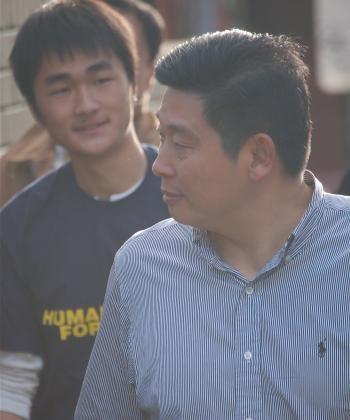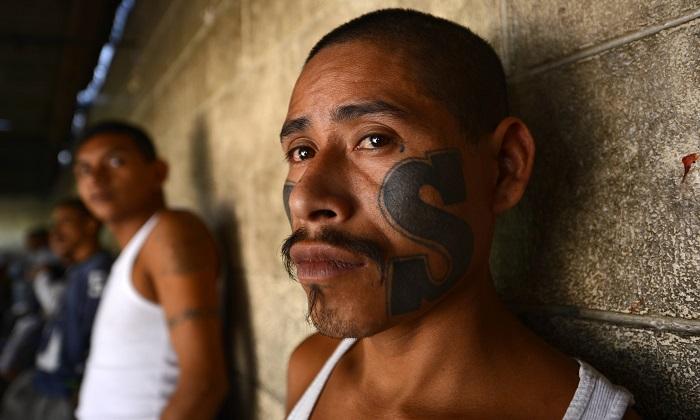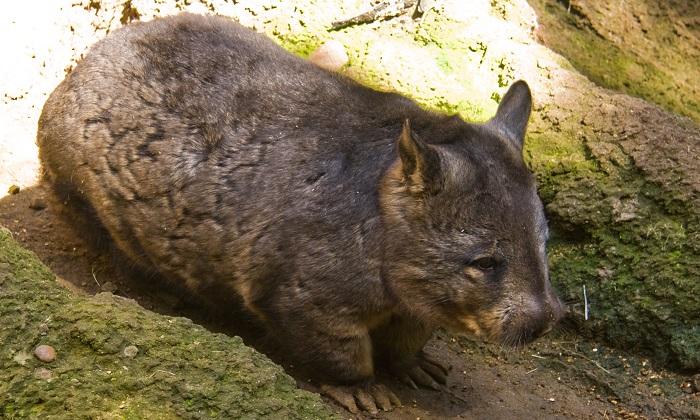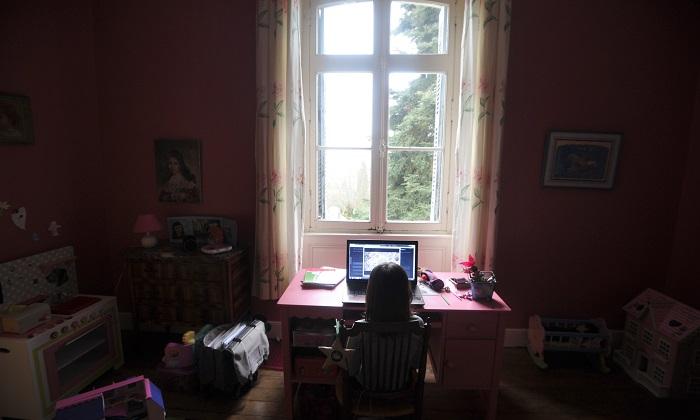Yang Jianli, Tiananmen Square democracy activist in 1989, told The Epoch Times: “Doing business with the Chinese Government, the people in Australia can become corrupted and co-opted. That is something we must be very watchful of.”
Based in the US, Dr Yang holds two PhDs (one from Harvard the other from Berkley) and during May he visited Australia to attend forums promoting Chinese democracy and commemorating the 20th anniversary of the Tiananmen Square massacre. According to pro-Chinese democracy sources Dr Yan met with two federal MPs during a visit to Canberra.
“I don’t oppose engagement with China,” he said, “but we have to be watchful for the negative effects that engagement policies bring, for example corruption and fear through engagement is exported to Australia.”
“A lot of people want to have privileges in China, including Australians – you know they want business opportunity, the scholars want to go there freely to talk to the leaders and do their study so they have fear—they don’t want to be critical of the Chinese Government so to secure their opportunity to go to China… I think that already poses a challenge to the democratic way of life.”
Dr Yang said to remedy this; human rights issues in China must become an important part of the package when the Australian Government deals with the Chinese Communist Party.
“I think for each policy, we have to be concerned about the human rights situation in China, it should be the centre of policy with whatever we have with China.”
Dr Yang, who was born in the eastern coastal province of Shandong, was blacklisted by the Chinese authorities because of his involvement with the 1989 Chinese pro-democracy movement which was violently crushed by the Chinese military.
“The problems that existed 20 years ago [in China] still exist and are even more serious, so this day (June 4, the commemorative date of the Tiananmen Square massacre) is very important for the Chinese democracy movement and for the Chinese people,” he said.
Dr Yang left China after the crushing of the democracy movement but returned to his homeland using a friend’s passport with the intention of studying worker unrest in the country’s north-east. However, he was detained, charged and then sentenced to jail for illegally entering the country and spying. Dr Yang spent five years in Chinese prisons where he was tortured and placed in solitary confinement for 15 months.
Following his release from prison in 2007 and subsequent return to the US, Dr Yang resumed his efforts to promote human rights, non-violent reform and democracy in China. According to Reuters Dr Yang has not taken up US citizenship because he hopes to one day run for public office when China becomes a democracy.





Friends Read Free